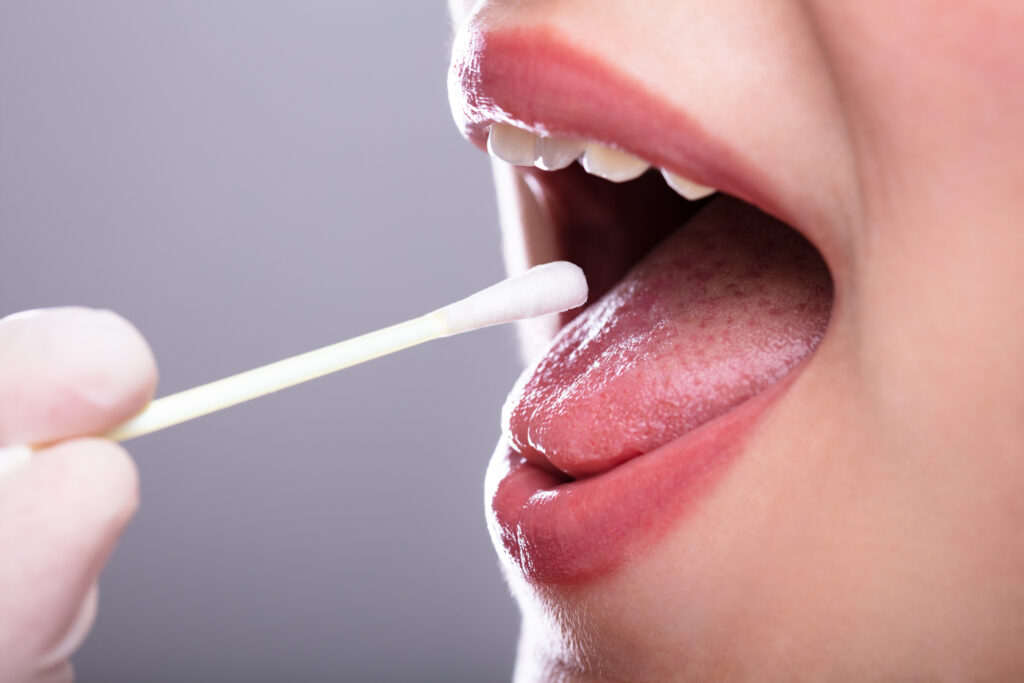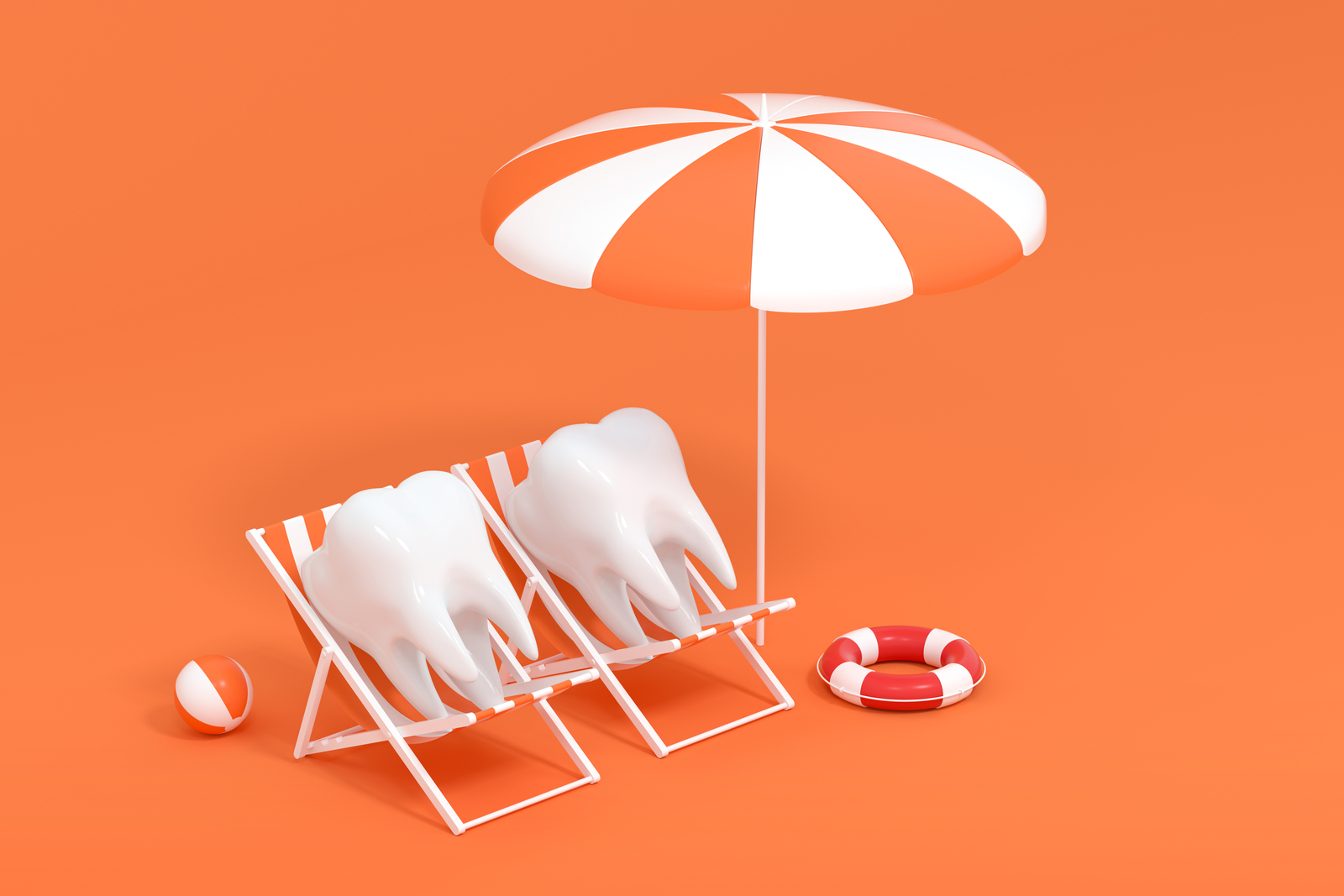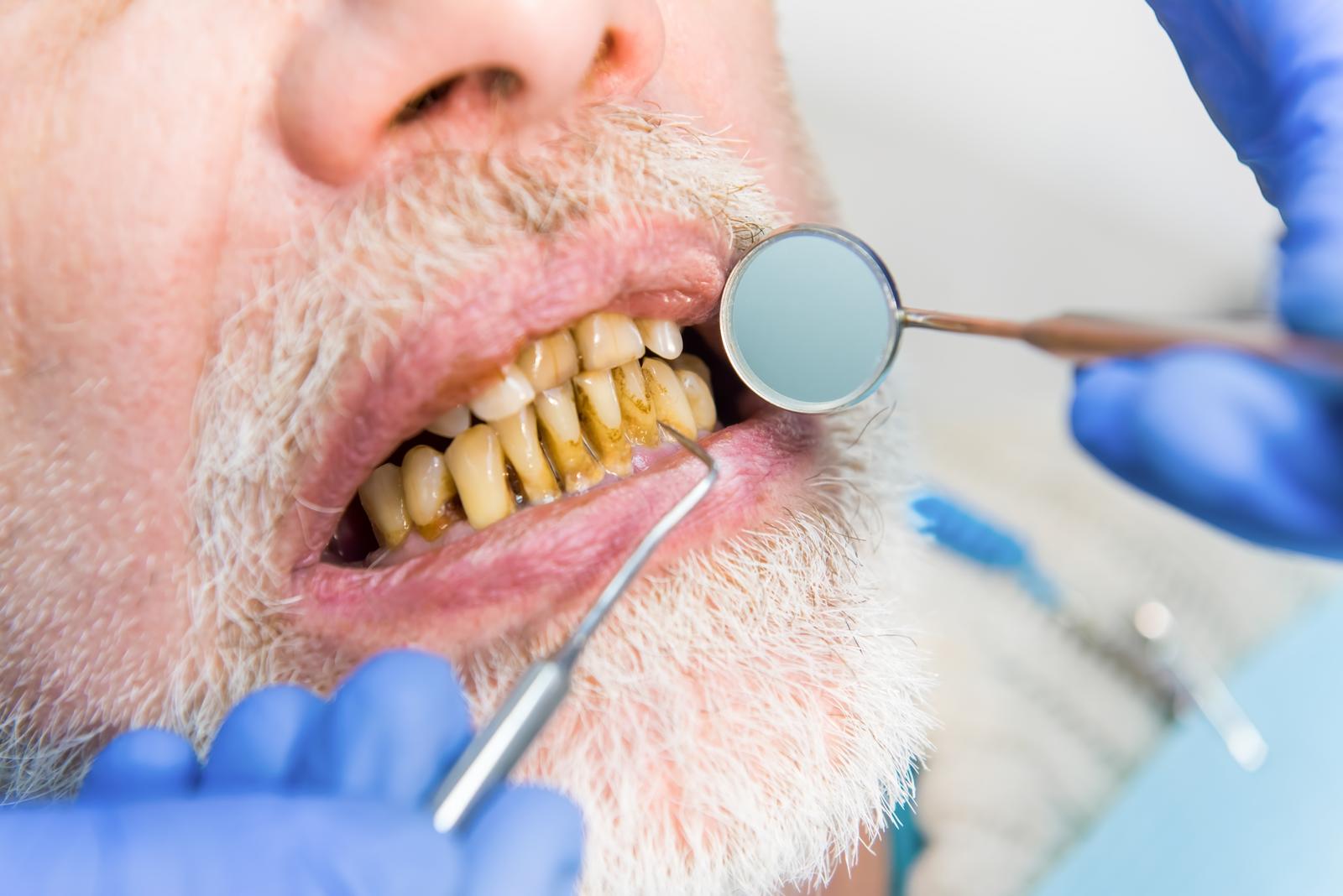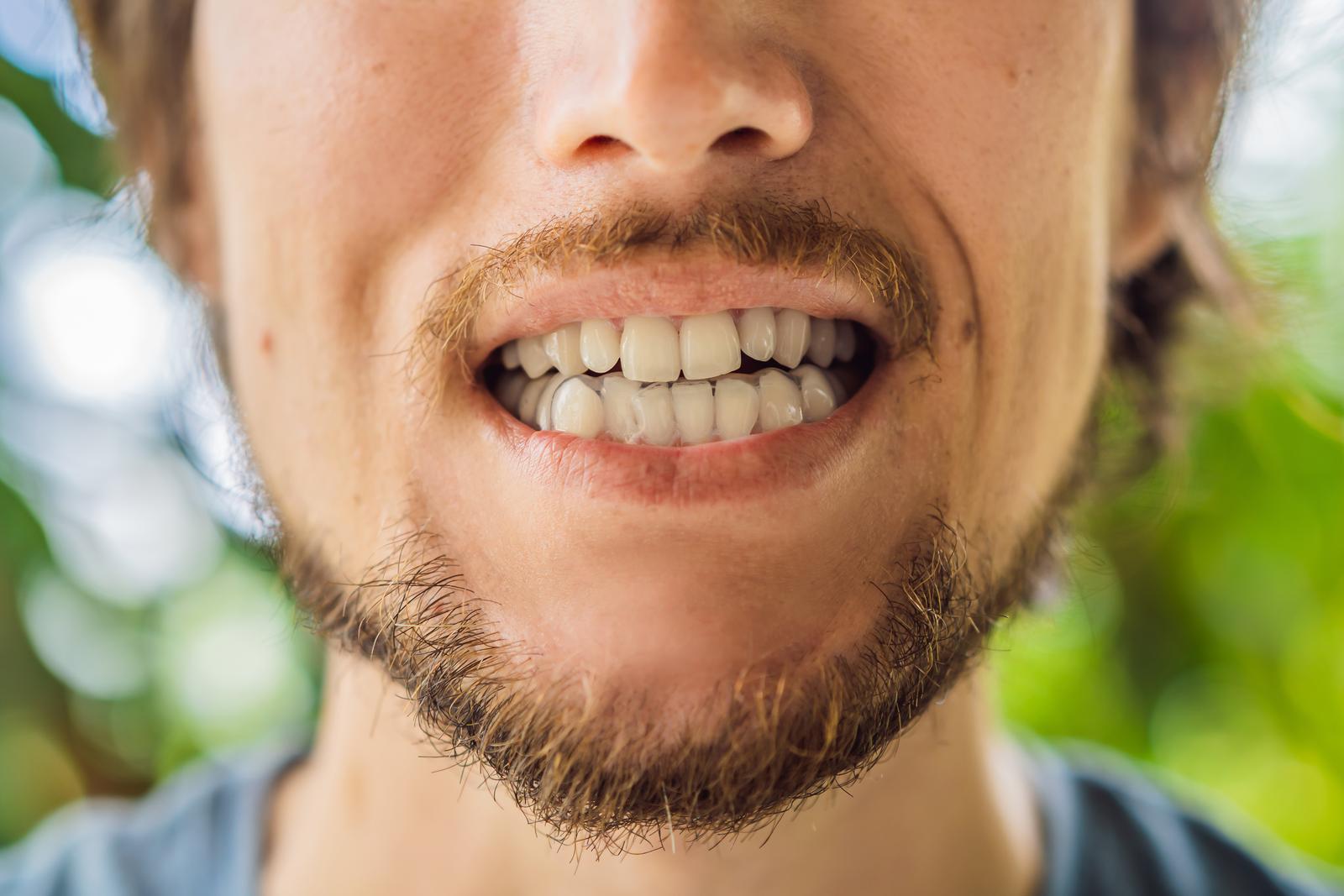Have you ever wondered why you constantly produce saliva? Is it just to help you swallow, or does it serve a greater purpose? You might be surprised to learn that saliva actually plays a crucial role in maintaining your oral health.
Saliva is your body’s natural defense against harmful bacteria and acids that can cause dental decay and other oral health issues. It helps to neutralize acids, remineralize tooth enamel, and wash away food particles and bacteria that can lead to plaque buildup. So the next time you’re appreciating your saliva’s function in aiding with digestion, remember that it’s also hard at work keeping your teeth and gums healthy!
Saliva: The Unsung Hero of Oral Health
When it comes to maintaining oral health, most people tend to focus on brushing and flossing as the primary means of preventing dental issues like cavities and gum disease. However, there is another important factor that often gets overlooked: saliva. Saliva is a crucial component of good oral health, and plays a vital role in aiding with functions beyond just digestion.
The Chemistry of Saliva
Saliva is composed of several key ingredients, including water, mucus, enzymes, and electrolytes. Some of the enzymes found in saliva include amylase, which helps break down carbohydrates, and lipase, which aids in breaking down fats. One of the main proteins found in saliva is called mucin, which helps create a barrier between your teeth and harmful bacteria.
In addition to these substances, saliva also contains minerals such as calcium, phosphate, and fluoride. These minerals help to remineralize teeth, strengthening the enamel and defending against decay and cavities. Fluoride, in particular, has been shown to be highly effective in preventing tooth decay and is often added to toothpaste and mouthwash as a preventative measure.
Overall, saliva plays a critical role in maintaining good oral health by aiding in digestion, helping to prevent harmful bacteria from sticking to your teeth, and providing the essential minerals your teeth need to stay strong and healthy.
Protecting Teeth from Decay
Did you know that our mouths are filled with bacteria that can create harmful acid, causing tooth decay? Fortunately, our saliva comes to the rescue by helping to rinse away food particles and neutralize these acids before they can damage the enamel on your teeth. As you chew, your saliva increases, which helps to break down food into smaller particles, making it easier to digest.
Saliva also contains calcium and phosphate ions that can help to repair early damage to tooth enamel, helping to prevent cavities. These ions can even help to reverse early signs of tooth decay before it becomes a more significant problem.
In addition, saliva helps to maintain a neutral pH level in the mouth, which can prevent harmful bacteria from growing. Without saliva, harmful bacteria can multiply quickly, leaving your tooth enamel vulnerable to decay and other oral health problems.
Preventing Dry Mouth
Did you know that dry mouth can lead to bad breath, tooth decay, and other oral health problems? Saliva plays a critical role in preventing dry mouth by keeping your mouth moist and lubricated, which helps to prevent bacteria from multiplying.
As we age, the production of saliva decreases, which can lead to chronic dry mouth. Many medications can also contribute to dry mouth, as well as certain medical conditions or treatments, such as radiation therapy. If you are experiencing dry mouth, it is essential to talk to your dentist or physician to determine the cause and explore possible treatments to alleviate your symptoms.
Some strategies to promote healthy saliva production include chewing sugar-free gum or sucking on sugar-free candy, drinking a lot of water, and avoiding foods and beverages that can cause dehydration, such as coffee or alcohol. Additionally, maintaining good oral hygiene habits, such as brushing and flossing regularly, can help to prevent dry mouth and preserve your overall oral health.
Saliva and Taste Perception
Have you ever wondered why you can taste your food so well? Your saliva plays a crucial role in enhancing taste perception and the enjoyment of food. It moistens food, making it easier to taste and swallow. Furthermore, it contains enzymes that break down food components, which intensifies the flavor. Saliva also helps to trap and dissolve food particles. This is why a dry mouth can lead to a diminished sense of taste, and why people with a dry mouth often find food less appetizing.
In addition to enhancing taste and helping people swallow, saliva plays a vital role in speech. The moistness in our mouth enables us to articulate sounds correctly and speak fluently. A dry mouth can make it difficult to speak or cause us to slur our words, making communication challenging.
The Importance of Saliva Production
Saliva production is critical to maintaining overall oral health. It helps wash away food particles and bacteria that can lead to tooth decay and gum disease. Furthermore, saliva has antibacterial properties that help to fight against oral pathogens. It also contains minerals such as calcium and phosphate, which aid in strengthening tooth enamel.
However, various factors can lead to decreased saliva production, including medications, hormonal changes, and certain medical conditions. Dry mouth can cause discomfort and increase the risk of tooth decay and gum disease. To maintain proper saliva production, it is essential to stay hydrated by drinking plenty of water. Chewing sugar-free gum and eating saliva-stimulating foods such as carrots, apples, and celery can also help increase saliva flow.
Additionally, avoiding substances that can cause dry mouth, such as tobacco products and alcohol, can help maintain proper saliva production. If you are experiencing chronic dry mouth or notice a significant decrease in saliva, it is important to consult your dentist or doctor to identify any underlying medical conditions or evaluate medications that could be causing the issue.
Medical Conditions and Saliva
Your saliva production can be affected by certain medical conditions such as diabetes, Sjögren’s syndrome, and Parkinson’s disease. In individuals with diabetes, the high levels of glucose in the blood can cause dry mouth and reduce saliva production. Similarly, in Sjögren’s syndrome, the immune system attacks the glands that produce saliva, leading to dry mouth and difficulty in swallowing and speaking. Parkinson’s disease can also affect the production of saliva due to the impairment of the nerves that control salivary glands.
Medications, radiation therapy, and lifestyle habits such as smoking and alcohol intake can also impact saliva production. Certain medications like antihistamines, antidepressants, and blood pressure drugs can cause dry mouth as a side effect. Radiation therapy for head and neck cancer can also damage the salivary glands and reduce saliva production. Smoking and alcohol intake can also lead to dry mouth and other oral health problems.
Saliva Testing and Diagnosis
Saliva testing is a diagnostic tool that can provide valuable information about your oral and systemic health. Saliva tests can measure the levels of certain hormones, enzymes, and antibodies in your saliva to assess your risk of developing various health conditions. For instance, cortisol levels in saliva can reveal the degree of stress you are experiencing, while bacteria and fungi in saliva can indicate the presence of oral infections or conditions like oral thrush.
Saliva testing can also help diagnose certain systemic health conditions such as diabetes, HIV, and cancer. Abnormal levels of certain biomarkers in saliva can alert healthcare providers to potential health problems, allowing for early diagnosis and treatment.
Saliva testing is a non-invasive, painless, and easy-to-administer diagnostic tool that can be used to complement other diagnostic methods such as blood tests and medical imaging. It can help identify health issues early on and enable prompt interventions to maintain oral and systemic health.
Saliva as a Treatment for Oral Health Issues
If you think that saliva only plays a passive role in your oral health, think again. Researchers have discovered that proteins found in saliva can actively fight against oral health issues like gum disease. According to a study published in the Journal of Natural Products, certain peptides in saliva can inhibit the growth of bacteria that cause gum disease.
Furthermore, saliva-based treatments like oral sprays and mouthwashes are currently being developed for various oral health issues. For instance, a study from The Netherlands found that a mouthwash containing salivary proteins can be used to prevent tooth decay and gum inflammation. Another study from Japan showed that an oral spray containing an enzyme found in saliva can help reduce sensitivity in teeth.
The Future of Saliva in Oral Health Care
The potential of saliva in oral health care goes beyond just treatments. In fact, saliva-based diagnostics is already being explored as a less invasive and economical alternative to traditional methods. A study from the University of California, Los Angeles found that saliva can be used for the early detection of oral cancer, as it contains biomarkers that indicate the presence of cancer cells.
Moreover, saliva-based tests can also be used to detect other oral health issues like periodontitis and dry mouth syndrome. In the future, we may see saliva-based tests becoming a routine part of dental checkups, making oral health care more accessible and convenient for patients.
Overall, the role of saliva in maintaining oral health is indisputable. As we continue to uncover more benefits of saliva, we can expect to see more innovative and effective oral health care treatments and tools utilizing this natural and abundant resource.
Final Thoughts on Saliva and Oral Health
Now that you understand the critical role saliva plays in maintaining your oral health, it’s time to take action to protect it! Keeping your mouth hydrated and maintaining good oral hygiene practices are essential to ensuring that your saliva stays healthy and effective.
While saliva may not seem like a big deal, it is an essential part of your body’s defense against harmful bacteria and tooth decay. By taking care of your oral health, you are also protecting your overall well-being. So go ahead and give your mouth the attention it deserves – your body (and your dentist) will thank you!







